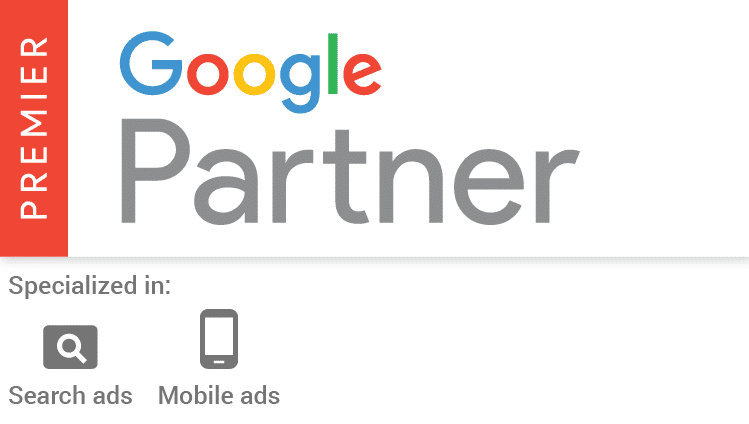I am delighted to be back from my New Years writing recess. And as I do so, lo and behold, Google is trying to change the game. Sound familiar?
This time, Google is looking to alter its search ranking algorithm (again) with something called Plus 1.
What is Plus 1? Plus 1 is most similar to Facebook, through which you can signal your approval online of someone’s post. To do this, you use the “Like” button. You can “Like” a friend’s picture. “Like” a friend’s status. “Like” a link they posted. You get the idea.
Users who have a Google profile can now signal their approvals of links, articles, etc., to friends in their “Circles.” I know, there’s a lot of jargon here, but bear with me, you’ll get it. For instance, to Plus 1 the article below
you’d click on the logo.
So who cares? Unfortunately, Google does. While users don’t appear to be breaking down the doors to use Plus 1, Google has already signaled that it will take “Plus 1’s” into account when determining organic search rankings.
How? By tracking Web sites that have more “Plus 1’s” and ranking them more highly then before. In the simplest terms, the more “Plus 1’s” you secure for your Web site, the higher your Web site could rank on Google’s search results.
Yikes! As if old-fashioned organic optimization isn’t hard enough, now you’ve got another factor to worry about. But, before you send your marketing team charging out to secure as many Plusses for your Web site as you can, let me share a few observations.
First, Google Plus 1 has been met with overwhelming ambivalence. Originally conceived by Google to challenge Facebook’s social marketing dominance, it hasn’t achieved even a sliver of Facebook’s popularity or user base. If users don’t use it, Google Plus will eventually rot on the vine.
Second, there remain major flaws in Google Plus. The first, and most obvious, is that Google needs you to create a profile and sign up for Plus 1 to show you Web sites your friends recommend. However, as of this writing, I only have one “friend” making Google Plus recommendations…and—I’m not making this up—it’s my real estate agent from six years ago.
Now, my real estate agent is a good guy, But I don’t need his recommendations populating my Google results. See below:
Yes, his smiling face now shows up next to certain Web sites on the Google search results I see. It’s actually a little creepy. Not my agent’s fault, but creepy nonetheless.
Next, Google hasn’t shared how important these Plusses will be to their ranking algorithms. In online marketing circles, the general impression is that there is very little to be gained by Plusses at this point – but that may well change.
Nor has Google solved the problem of users manipulating the Plus 1 system, by flooding specific Web sites with Plusses. I’m sure Google will figure out how to circumvent cheating, but it could still become a problem, especially if Google chooses to really emphasize and value of Plusses.
So while I’m still hesitant to officially bury Google Plus, it bears watching. If the situation changes noticeably, I’ll write a follow-up post highlighting what you should do with your Web site regarding Google’s attempt at social networking.
Homeowner Connections Through Performance Online Advertising
